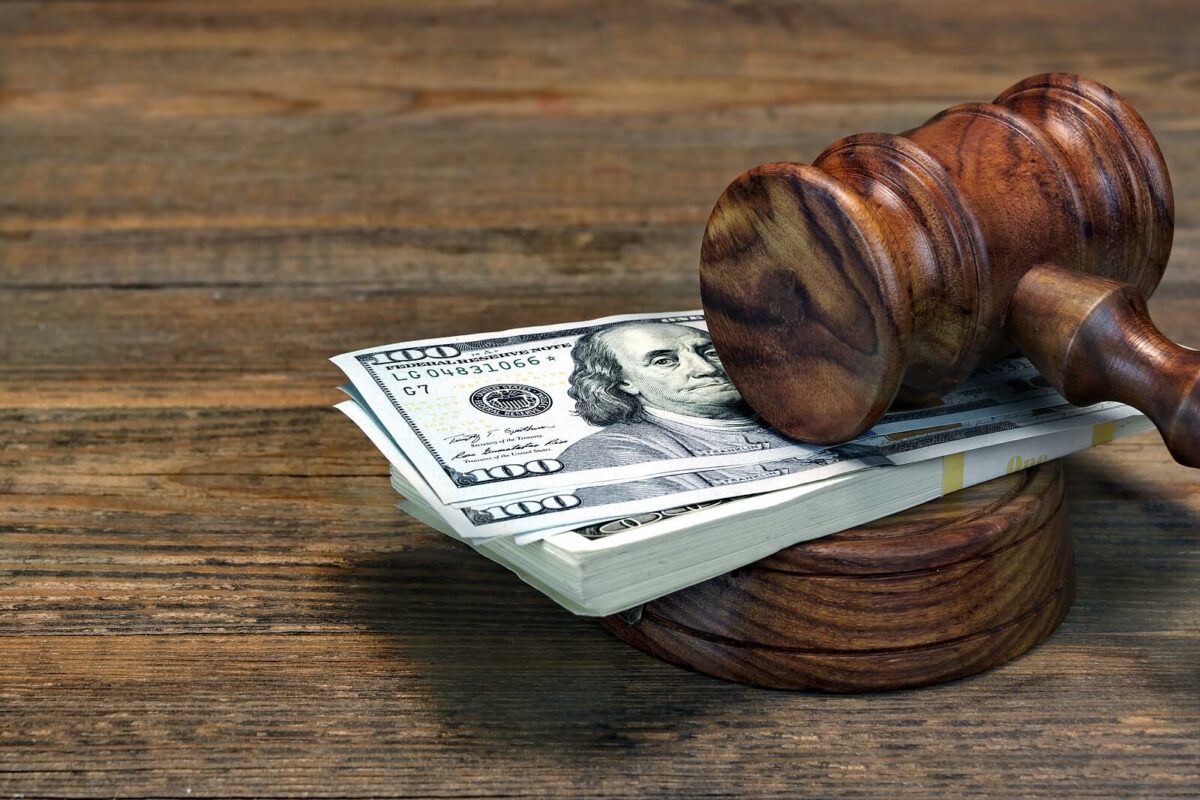How to collect on a judgment is usually the last thought on one’s mind while undergoing the ordeal of a grievous injury and subsequent lawsuit. The arduous journey of filing a personal injury claim, reaching a settlement, or going to court and winning a judgement consists of many challenges. If that’s not enough, collecting the money you’re owed is a whole different ball game. At this stage, your lawyer usually waits for the defendant’s insurance company to pay up. If you won at trial, the other party is likely to appeal the decision, so any court-ordered damages won’t be awarded until this process is complete.
How to Collect on a Judgment
Process of Receiving a Settlement
If you or a loved one suffered a personal injury in Los Angeles, and have been awarded a settlement, the process is likely to play out as follows:
- A Release document is prepared by the defense attorney and sent to your lawyer, who can approve or deny it based on language or terms that may be objectionable.
- You sign the document, often in front of a notary public, at which point it’s important to read it carefully and have your questions answered by your attorney.
- Personal injury liens, such as medical or governmental liens, must be paid off before you can receive any money from the settlement.
Appealing a Judgment
Defendants usually appeal when a plaintiff wins a lawsuit. A case can be tied up in an appellate court for a year or longer. During this process, the court can uphold the decision, reverse it in which case you lose, or send the case back and start a new trial. Whether the appeals court upholds or reverses the judgment, you or the defendant can issue a second appeal in the state’s highest court. A second trial can proceed after this, and the decision here can also be appealed.
Collecting a Judgment
Collections can represent a whole new phase of your pursuit of damages. If the other side hasn’t cut the check, you can:
- Ask politely and firmly, but mention the consequences of an unpaid judgement, such as a note on their credit report. Mention this isn’t something that will go away on its own and talk about, in person or by letter, how they can pay.
- Prioritize assets, starting with bank accounts and wage garnishments (although there are limits on what you can take). If these are not sufficient, you can try to force the sale of personal property such as a vehicle or vacation home, but this process can be expensive and time consuming.
Wage garnishments are effective so long as the judgment debtor is employed. However, it is usually faster to withdraw funds from a bank account. As far as going for the debtor’s property, you must consider whether there are personal property, vehicle, or homestead exemptions before you can pursue specific assets.
- Consider settling for less. Just because you have a legal right to the amount owed, that doesn’t mean the debtor can pay it all. You can accept a portion of the judgement to save time and money, but just make sure the written agreement doesn’t hide other assets, which you won’t be able to collect if you sign.
- Sell the debt to an investor, who obtains the right to collect the balance from the defendant and pay you a portion of it. This can get you a part of the total balance quickly, which is only practical if what you get covers your losses.
Challenges when Collecting a Judgment
There are a few situations that can complicate the settlement collections process. A couple of common circumstances include:
- The Defendant Is Uninsured: If a defendant has no insurance coverage, chances are their assets are limited, and there’s little money to sue them for. However, if they have significant personal assets, the case may proceed in a similar manner to how an insurance company would fund the settlement or verdict.
- The Debtor Files for Bankruptcy: In a Chapter 7 bankruptcy case, most debt gets wiped out, so you might be out a money judgement. Nonetheless, personal injury awards associated with a drunk driving case are non-dischargeable. But oftentimes, a monetary judgement gives you a lien, or security interest, on the debtor’s property; the debtor would have to successfully challenge the lien to eliminate their obligation to pay the judgment, even after filing for bankruptcy.
If you’re experiencing these circumstances and wondering how to collect on a judgment and move forward, it may also be necessary to renew the judgment. There are time limitations for collecting money in a judgement, but you can renew the judgment beforehand, so you don’t lose your rights to collect.
Contact The Law Offices of Jacob Emrani
When you need a personal injury attorney in Torrance, Los Angeles, or anywhere in California, Jacob Emrani can help with your claim, lawsuit, and in collecting monetary awards. We have an abundance of knowledge and resources to get maximum compensation and be aggressive when it comes to getting our clients compensated for their losses. Call 888-952-2952 for more information or to receive a free consultation.



